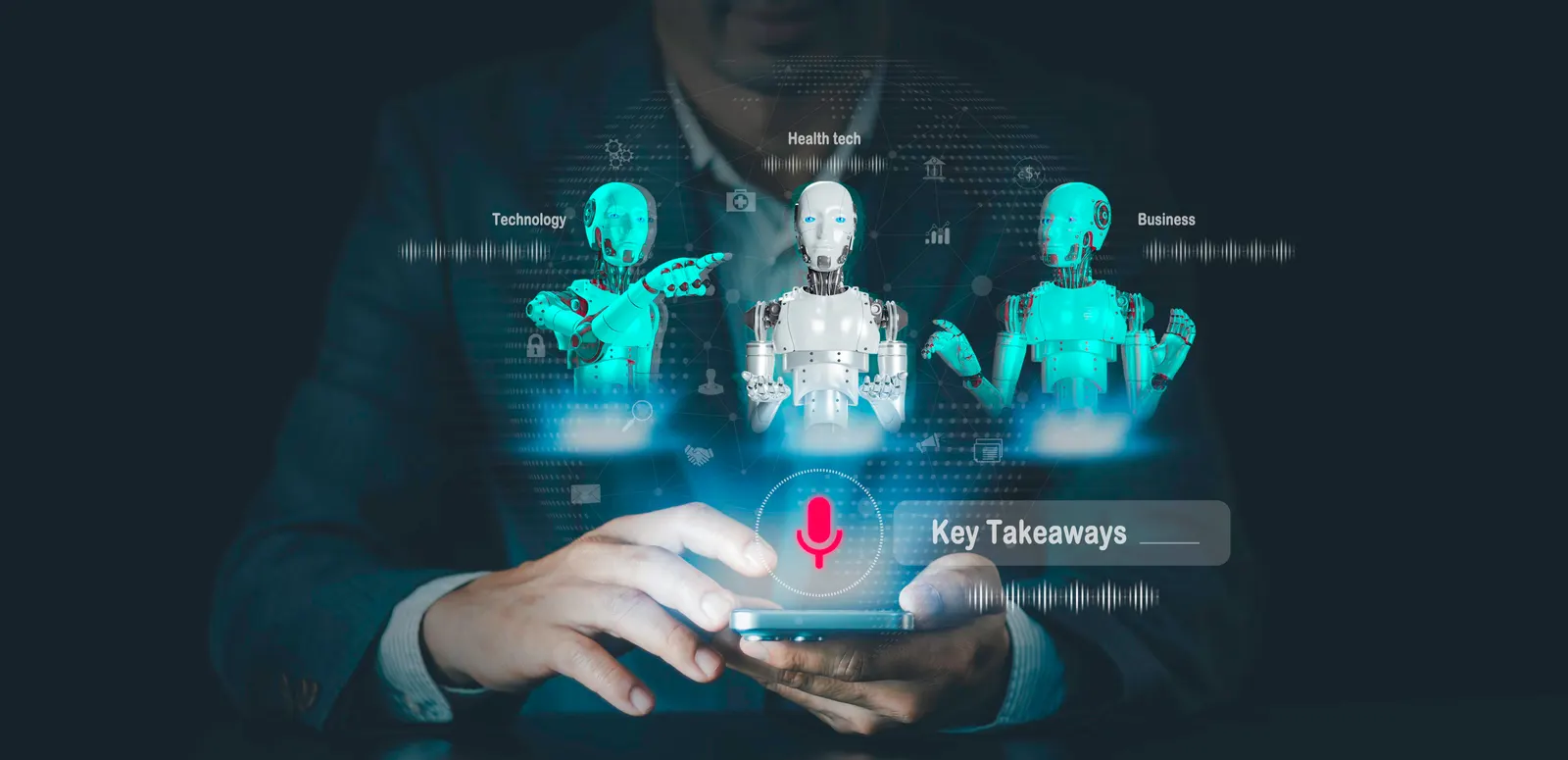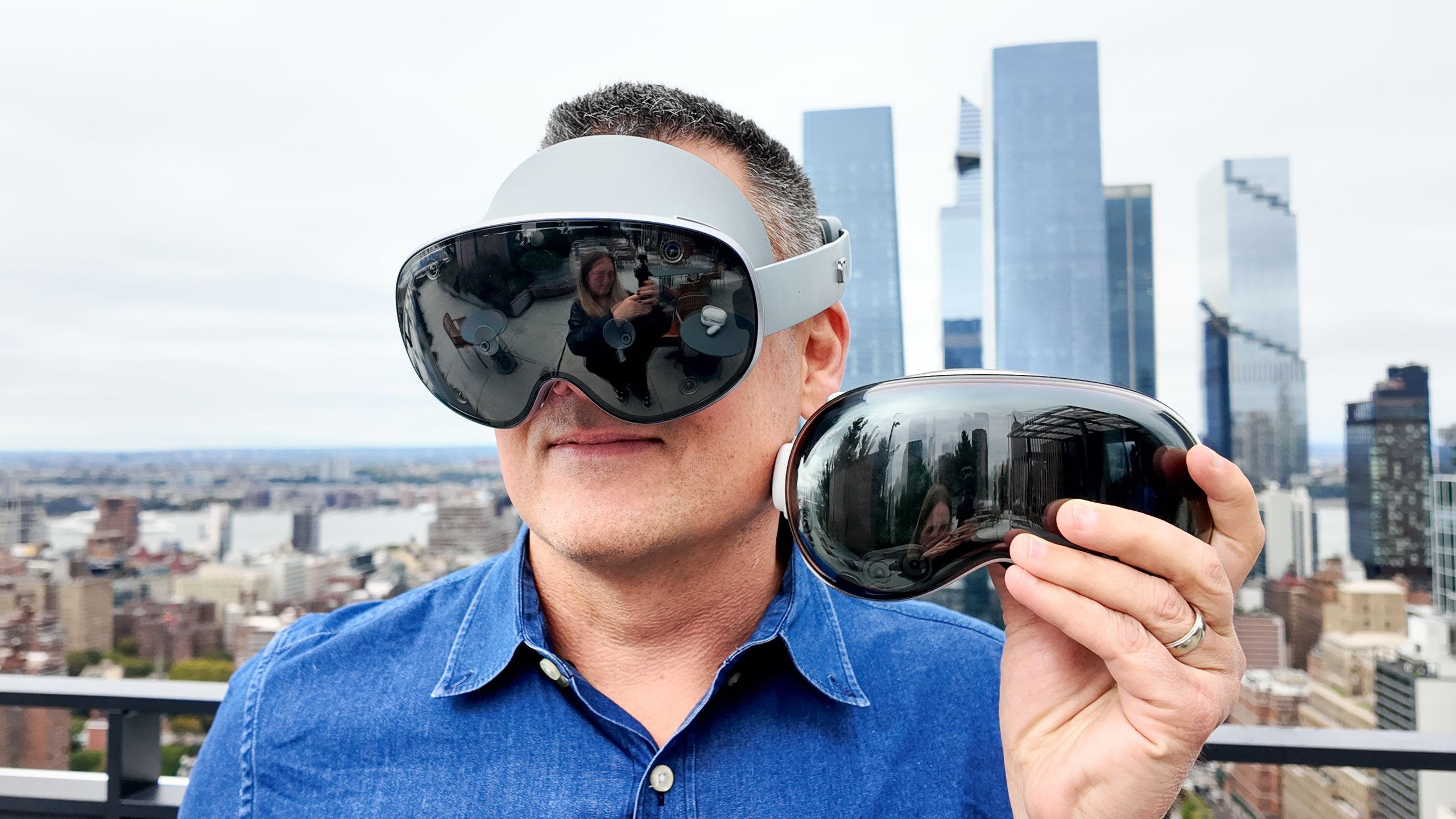Copyright forbes

AI as your tireless co-founder: transforming operations, amplifying human talent, but still needing a human touch to steer success. What if your next co-founder never sleeps, never asks for equity, and can code, analyze markets, and manage customers simultaneously? For startups operating on shoestring budgets, agentic AI promises exactly that—intelligent systems capable of conducting market research, writing code, managing customer communications, and optimizing supply chains in real time. Two years ago, this sounded like science fiction. Today, it’s a live experiment forcing entrepreneurs to confront what it actually takes to build a business. The Race to Replace Workers Has Already Started—But Is Anyone Actually Winning? Swedish fintech Klarna has emerged as one of the most ambitious testers of this technology, reducing its workforce from roughly 5,000 employees to 3,000 through strategic AI deployment. The company’s AI assistant now handles the workload of 700 customer service agents, managing 2.3 million conversations across 35 languages in its first month alone. CEO Sebastian Siemiatkowski told Bloomberg, “I am of the opinion that AI can already do all of the jobs that we as humans do,” while acknowledging the nuances that statement obscures. By mid-2025, Klarna began recruiting human customer service agents again. Siemiatkowski explained that while AI customer service was more cost-effective, it produced “lower quality” outcomes, and that it’s “critical that you are clear to your customer that there will always be a human if you want.” The Klarna example demonstrates what mature AI deployment looks like: aggressive testing, rapid iteration, and the intellectual honesty to adjust course based on results. While Klarna demonstrates AI’s potential in customer service, other AI systems are now tackling a much wider range of business tasks, from coding to data analysis. What AI Agents Can Actually Do Right Now OpenAI’s Operator is an AI agent that can interact with websites on its own—filling out forms, making purchases, and completing tasks just like a human would. It understands what’s on a screen without needing special APIs, making it capable of handling repetitive online tasks like ordering groceries or creating content automatically. Microsoft has integrated AI agents into its Microsoft 365 Copilot suite, helping users in Word, Excel, and PowerPoint. These agents can automate routine work, generate content, summarize meetings, and highlight key action items—freeing humans to focus on higher-level thinking. MORE FOR YOU Perhaps another smart one is Cognition Labs’ Devin, is an AI software engineer that can plan tasks, write code, test and debug software, and even deploy it—all autonomously. Devin handles routine coding tasks so human developers can focus on designing systems, solving complex problems, and innovating creatively. The Real Risk Isn’t AI Takeover—It’s Premature Deployment McDonald’s discontinued its AI drive-thru system after it repeatedly added McNuggets to orders until reaching 260. Air Canada was ordered to pay damages after its chatbot gave incorrect bereavement fare information. These weren’t malicious AI failures—they were systems deployed faster than organizations could properly test and manage. MIT’s “The GenAI Divide: State of AI in Business 2025” shows that roughly 95% of generative AI pilot programs fail to deliver measurable returns. Failures are often due to poor integration with workflows, misaligned focus, overreliance on in-house development, lack of adaptability, and gaps in governance and oversight. Together, these examples highlight that mature deployment is essential for successful AI implementation. The Verdict: Can Agentic AI Build and Run Your Company? AI agents can execute critical functions and streamline operations with unprecedented speed. Yet true and lasting success still depends on human judgment, creativity, and strategic oversight. The real winners will not be the companies that chase automation for its own sake, but those that master the art of human-AI collaboration—organizations that design intelligent ecosystems grounded in vision, adaptability, and mature deployment. These are the businesses that will turn AI from a tool into a competitive advantage, shaping industries rather than merely reacting to them. The question is no longer whether AI can replace humans, but who will lead this new era of intelligent enterprise. Editorial StandardsReprints & Permissions



